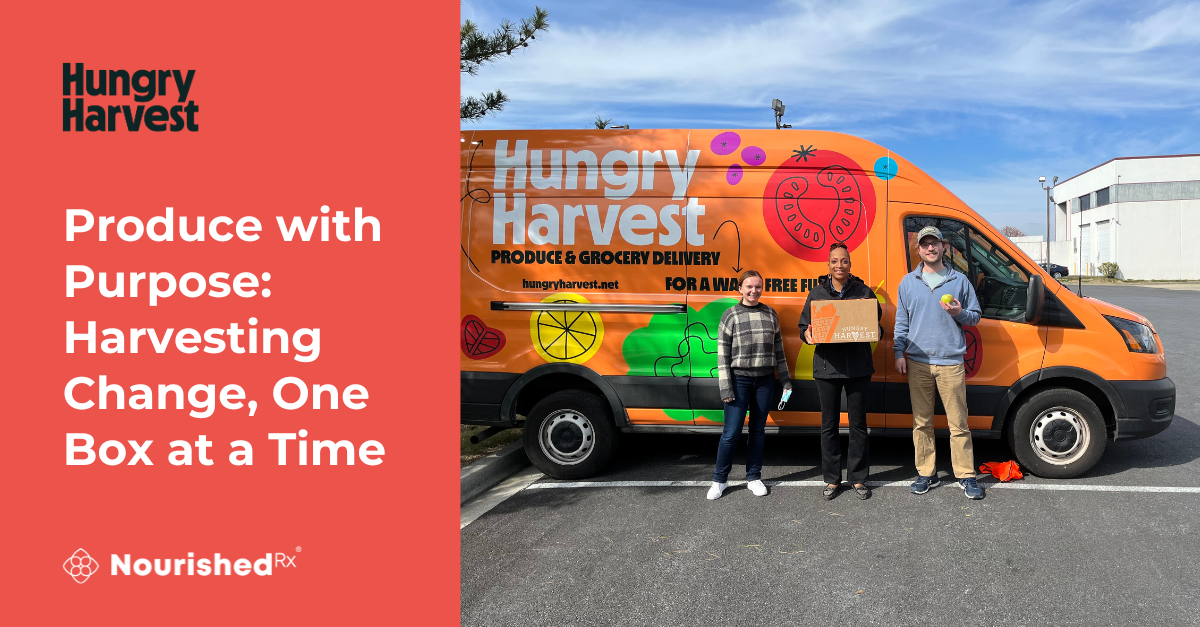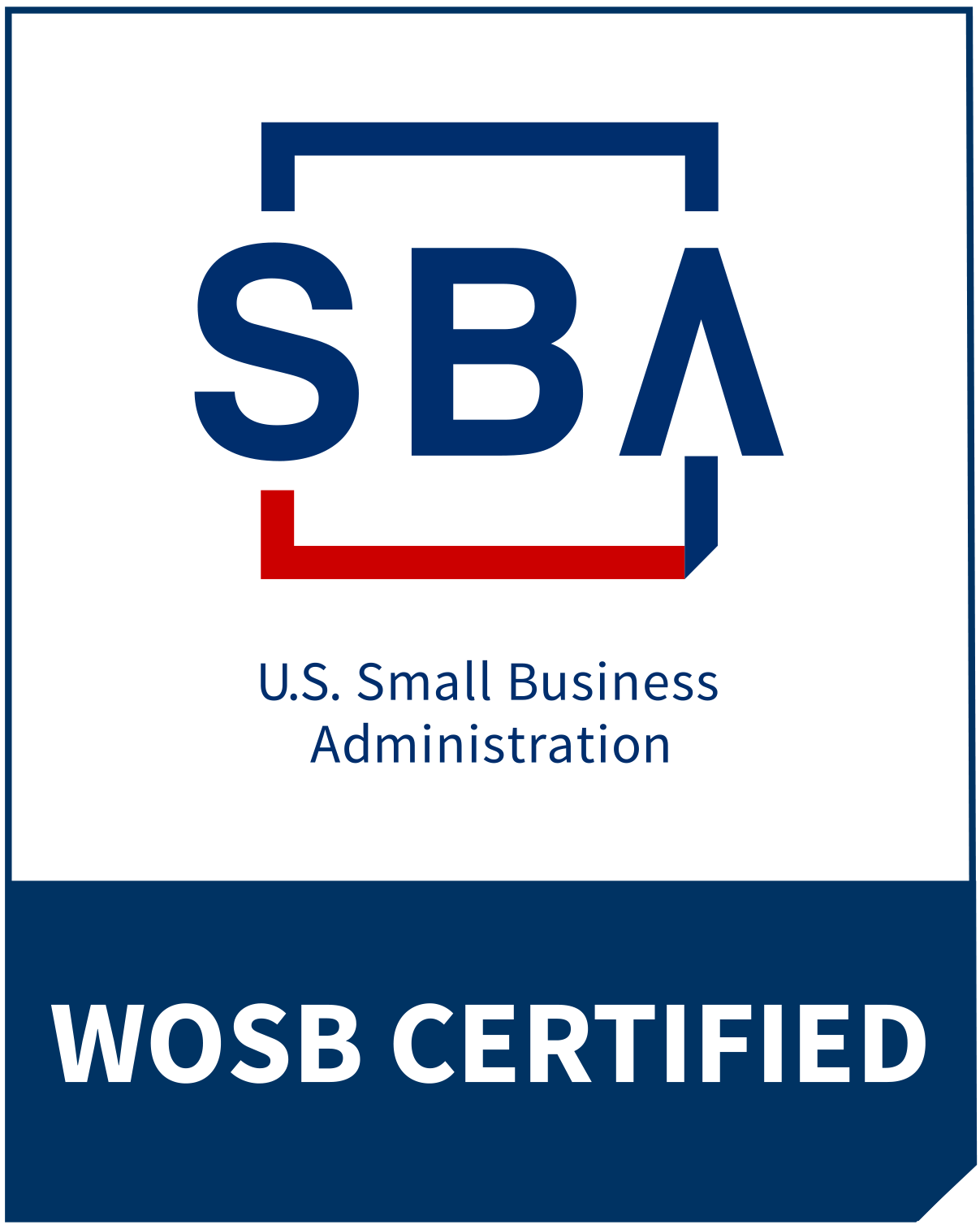When Evan Lutz appeared on Shark Tank in 2016, his pitch was simple: Hungry Harvest sells produce with purpose.
Each year, billions of pounds of fresh produce are thrown away because of odd size or shape even as tens of millions of Americans go hungry. But as Evan put it, “At Hungry Harvest, we use one problem to solve the other. We purchase surplus produce from local farms and wholesalers, assemble it into variety boxes, and deliver it to our customers through a weekly subscription model. And for every box we deliver, we donate a healthy meal to someone in need.”
Four of the five Shark Tank panelists declined to make an offer. They thought the startup was too mission-driven to focus on scale and profit. But one panelist saw the potential and believed in the vision. Evan accepted the $100,000 offer for 10% of the company and set out to prove that Hungry Harvest could reduce food waste, close food access gaps, and make a social impact while thriving as a business.
From the Basement to the Community
Growing up in Baltimore, Evan was raised in a family where healthy food was part of every meal and nothing went to waste. In middle and high school, he volunteered at hunger-focused charities and food banks. At the same time, he became fascinated by the idea of social entrepreneurship and the power of business to be a force for good.
He went to the University of Maryland with the goal of starting a social enterprise. One semester, he toured a local farm with his class and learned that only perfectly shaped produce could be sold. Any fruits or vegetables that were misshapen (but still nutritious and good tasting) would be rejected by the food industry and go to waste. For a typical farm, that was around 20% to 30% of all produce. Meanwhile, on campus, Evan’s peers were consuming an ultra-processed dorm room diet and in serious need of better access to healthy food. He immediately saw the market opportunity for a social venture.
Evan started that enterprise by buying “ugly” produce in bulk and selling it in five-pound bags at his own farm stand outside the student union. In his first week, he had 20 student customers. By the end of the semester, he had 500 customers a week, 10 volunteers, and 2 interns.
Knowing the need for healthy food went well beyond campus, he set out to expand his new venture into the nearby community with a home delivery business that sold recovered produce. Since imperfect produce was often perceived as “bad,” Hungry Harvest spent its early years educating people about food waste and the benefits of recovered produce: it’s less expensive, fresher, and tastes just as good as what was available at the grocery store. In addition, for every bag that Hungry Harvest delivered, a couple of pounds of produce was donated to those in need—an effort that made a mark on the local community and helped build a loyal customer base.
As Hungry Harvest took off, Evan and his team began to see opportunities to reach more people who had limited access to healthy food. While many food-insecure people could rely on food banks, a lot were ineligible for assistance because they had an income, even though it was not enough to afford quality food.
As Evan says, “We knew that this would likely cost us money. But if we were going to build an inclusive food system, we needed to spend our energy and resources towards that in a real way.”
Increasingly, Hungry Harvest focused on partnering with schools, hospitals, and community centers to sell produce at cost in areas of high food insecurity in convenient locations. Their goal was to create a sustainable business model that could be replicated in other major cities besides Baltimore.
A Box of Surprises
In meeting that need for healthy food access, Hungry Harvest has not forgotten about the farmers. As Lauren Kornegay, Hungry Harvest’s Partner Success Manager, says, “Our sourcing goal is to think about how our purchasing can build a more sustainable food system.” To that end, Hungry Harvest aims to create a market opportunity for farmers and distributors to sell produce that would otherwise go to waste.
Hungry Harvest has expanded its original boxes of produce to integrate lean proteins and healthy snacks that “fill the whole plate.” About 70% of the produce is seasonal, but there’s a variety of fruits and vegetables that rotates constantly. “You’re not going to get the same box week after week,” Lauren says.
“We also try to give clients a choice.” Every recipient, whether through commercial sales or in various programs, can list foods they want to exclude and swap for different items. The goal is to ensure the clients receive food that meets individual tastes and cultural preferences, doesn’t cause any issues with allergies, and doesn’t go to waste. “That’s really important to us,” Lauren says, “and we’re proud we can do that consistently at scale.”
Like Peanut Butter and Jelly
Whitney Ashead is Hungry Harvest’s Director of Social Impact Partnerships & Growth. Her day-to-day work is largely focused on building the organization’s HarvestRx program and expanding its healthcare-related partnerships to reinforce the connection between food security, health and wellness, and a sustainable food system.
“When people have access to healthy food in their community,” Whitney says, “they’re less likely to have challenging health issues or develop chronic disease or to show up in the emergency rooms. We’re able to support them in a sustainable and dignified way without any stigma attached.”
That’s why NourishedRx partnered with Hungry Harvest for our maternal health program in Maryland. Hungry Harvest delivers fresh boxes of produce directly to the homes of expectant mothers.
As Whitney says, “NourishedRx works with the health plan and does all the things that make the program work, including client recruitment, identifying needs, educating, coordinating services, and creating a really exceptional client experience. Then we get to do what we do best and deliver healthy fresh produce and groceries consistently. It’s really a peanut butter and jelly type partnership in terms of how we work together. And it’s been wonderful to see the impact of Food is Health on people’s lives.”
Leading the Way
Almost ten years after the Shark Tank episode, Hungry Harvest has delivered on their pitch and grown in scale and impact. Today, they proudly operate as a B Corp entity – a for-profit company certified for meeting high standards of social and environmental performance, accountability, and transparency.
Since its founding in 2014, Hungry Harvest has prevented over 30 million pounds of nutritious food from going to landfills, has helped 14,000 patients receive fresh, healthy home-delivered food, and makes over 2,000 weekly food deliveries to families facing food insecurity. They’ve also established 175 active local and national partnerships. “And we’re working on building more partnerships all the time,” Lauren says. In the process, Hungry Harvest has shown that it really is possible to do well by doing good.
The company takes its social leadership role seriously, too. “When we distribute food to school partners or patients,” Whitney says, “we often put information about food or support resources right in those boxes. And we’re really focused on the policy behind programs, too.” With its proximity to Washington, D.C., Hungry Harvest has successfully met with policymakers on Capitol Hill to advocate for healthy food access. “Hunger really is a bipartisan issue.”
“We know there’s a lot of need, but we’re very optimistic. We’re always looking for where we can fill a void or provide support. Sometimes that’s through food, sometimes it’s just getting on the phone and talking with a partner or client. It's about doing the best we can and showing up.”
Lauren agrees. “It’s all rooted in our original mission, and we’re continuing it today.”






